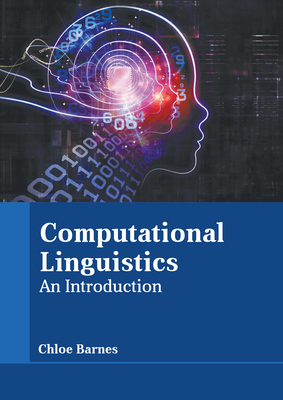走向性别包容性的共指解决:机器学习生命周期中的性别和偏见分析*
IF 5.3
2区 计算机科学
Q2 COMPUTER SCIENCE, ARTIFICIAL INTELLIGENCE
引用次数: 27
摘要
摘要正确解决文本中对人的提及,从根本上讲就是对这些人进行推论。这种推断增加了共指解析系统中系统性偏见的风险,包括可能损害二元和非二元反式和顺式利益相关者的偏见。为了更好地理解这种偏见,我们展望了社会学和社会语言学对性别的细微概念化,并调查了在机器学习过程中,这种偏见可以在哪里进入共指消解系统。我们检查了许多现有的数据集的跨排斥偏见,并开发了两个新的数据集,用于在人群注释和现有的共指解析系统中询问偏见。通过对英语文本进行的这些研究,我们证实,如果不承认和建立承认性别复杂性的系统,我们将建立失败的系统:服务质量、刻板印象和代表性过高或过低,尤其是对二元和非二元跨性别用户。本文章由计算机程序翻译,如有差异,请以英文原文为准。
Toward Gender-Inclusive Coreference Resolution: An Analysis of Gender and Bias Throughout the Machine Learning Lifecycle*
Abstract Correctly resolving textual mentions of people fundamentally entails making inferences about those people. Such inferences raise the risk of systematic biases in coreference resolution systems, including biases that can harm binary and non-binary trans and cis stakeholders. To better understand such biases, we foreground nuanced conceptualizations of gender from sociology and sociolinguistics, and investigate where in the machine learning pipeline such biases can enter a coreference resolution system. We inspect many existing data sets for trans-exclusionary biases, and develop two new data sets for interrogating bias in both crowd annotations and in existing coreference resolution systems. Through these studies, conducted on English text, we confirm that without acknowledging and building systems that recognize the complexity of gender, we will build systems that fail for: quality of service, stereotyping, and over- or under-representation, especially for binary and non-binary trans users.
求助全文
通过发布文献求助,成功后即可免费获取论文全文。
去求助
来源期刊

Computational Linguistics
工程技术-计算机:跨学科应用
CiteScore
15.80
自引率
0.00%
发文量
45
审稿时长
>12 weeks
期刊介绍:
Computational Linguistics, the longest-running publication dedicated solely to the computational and mathematical aspects of language and the design of natural language processing systems, provides university and industry linguists, computational linguists, AI and machine learning researchers, cognitive scientists, speech specialists, and philosophers with the latest insights into the computational aspects of language research.
 求助内容:
求助内容: 应助结果提醒方式:
应助结果提醒方式:


